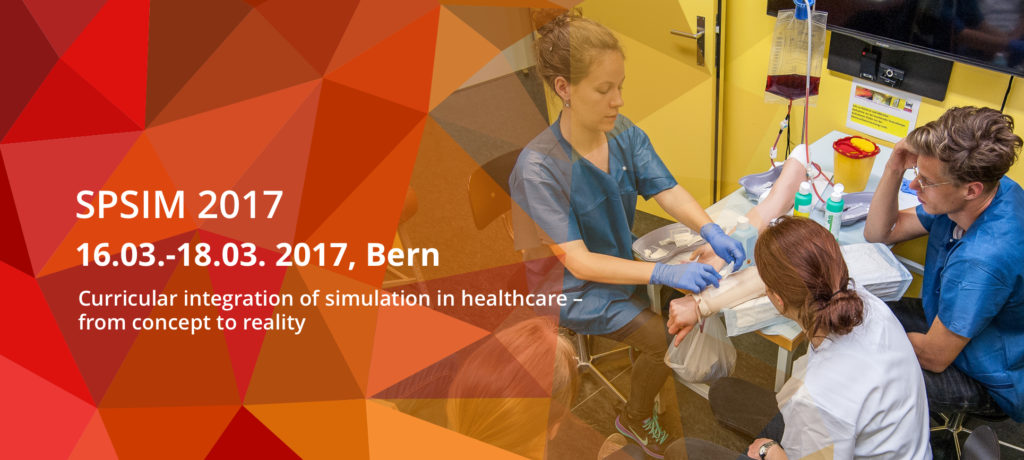Carine Layat Burn1, Henrike Hoelzer2,1
1Association for Standardized Patient Educators; 2Medizinische Hochschule Brandenburg Theodor Fontane; nora-carine@hotmail.com, henrike.hoelzer@mhb-fontane.de
Background:
Meaningful, specific feedback is effective for trainees’s skills development in health care/medical education. Feedback from simulated/standardized patients (SPs) is highly appreciated by learners and faculty, because it represents a unique opportunity to integrate the patient’s perspective in health professional’s education.
There are different feedback models which need to be adjusted to different teaching contexts — such as the feedback sandwich, feedback in dialogue, the feed-forward method etc. Each feedback model suits a different learning context. SP-training techniques need to be adapted accordingly, so that the SPs’ experience as well as the educational goals are taken into account. The workshop focuses on various approaches used for training SPs to share verbal feedback with trainees. Several processes used to train SPs to deliver feedback will be presented and participants will have the opportunity to apply one of them.
Learning objectives:
Participants will:
- Recognize and identify the key elements of an effective verbal SP feedback.
- Receive an outline of educational theory related to effective verbal SP feedback.
- Apply methods for SP training to verbal feedback.
- Identify benefits and challenges in training SPs in effective verbal feedback.
Workshop description:
We will explore training approaches for SPS for delivering verbal feedback with trainees. Conceptual issues associated with the nature and content of feedback from patient perspectives in the field of health professional encounters will be considered. We take into account SPs training approaches to deliver verbal feedback including their benefits and challenges and how these approaches are relevant to the participants’ own settings. Participants will have the opportunity to train SPs in a small group session. Participants will also discuss their own examples of training techniques (such as worksheets, exercises etc.) with peers.
Target audience:
Novice to intermediate
